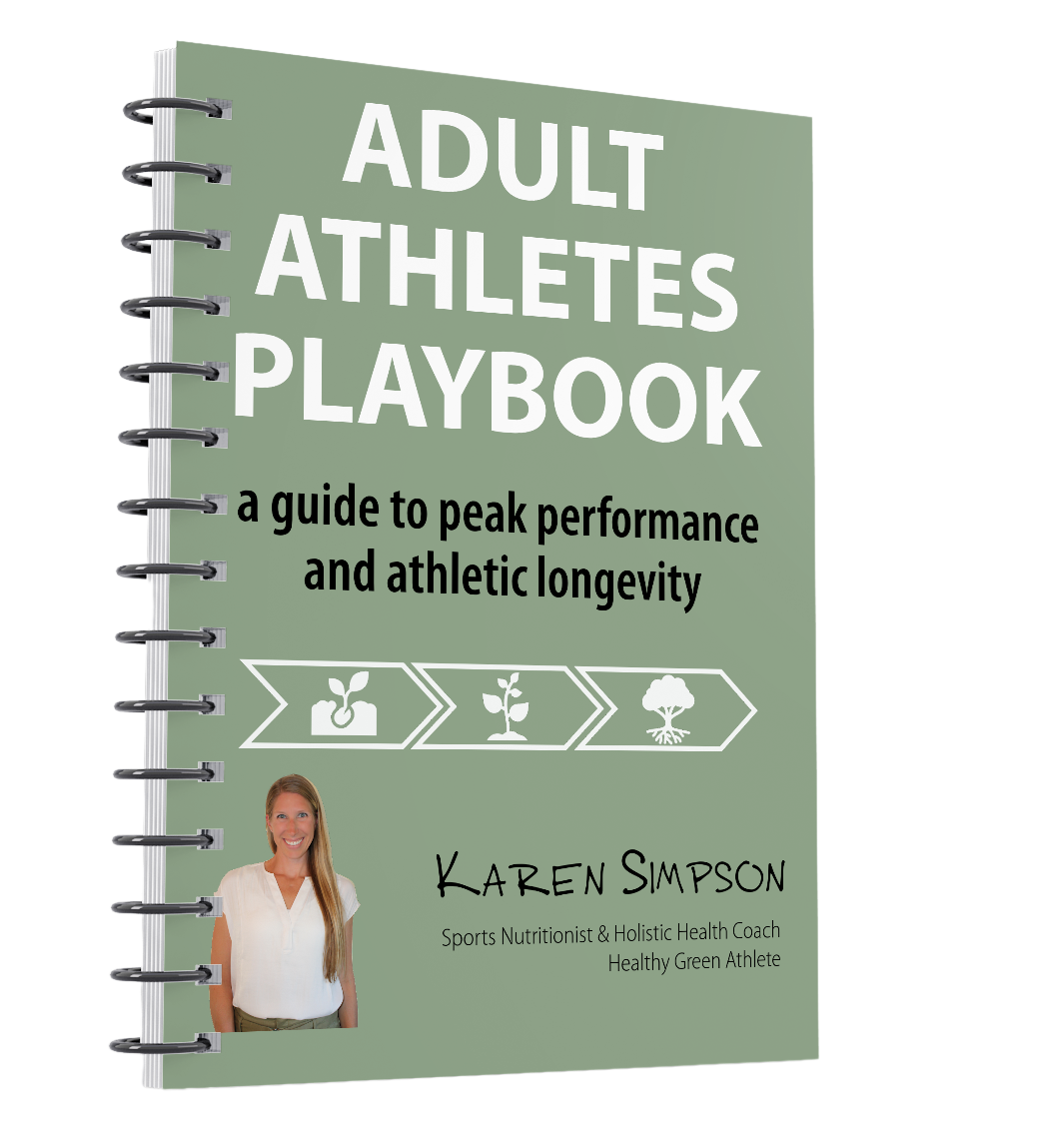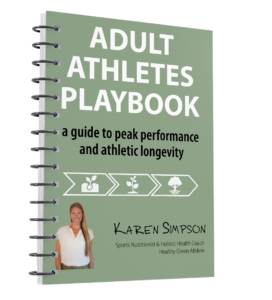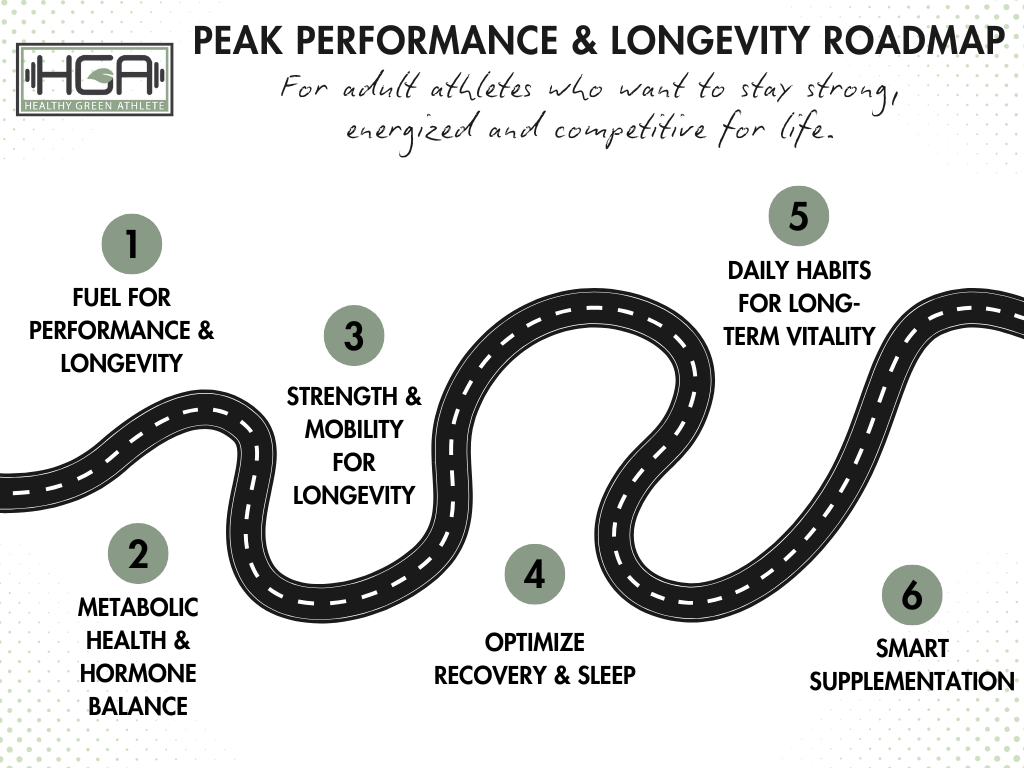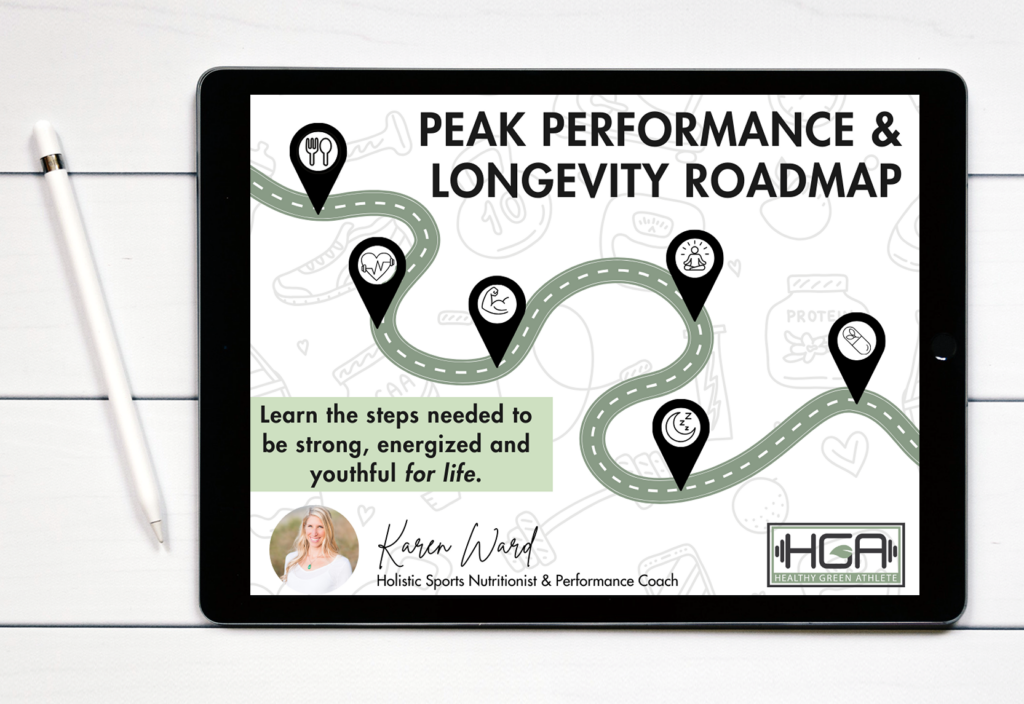Read time: 8 minutes
Mental focus is paramount for adult athletes, both within their chosen activities and in their broader lives. In their sports or athletic pursuits, a sharp and unwavering mental focus can be the difference between success and failure. It enables athletes to remain fully present in the moment, enhancing their decision-making abilities, reaction times, and overall performance. Moreover, mental focus helps athletes cope with stress and pressure, allowing them to maintain composure during critical moments. Beyond the arena, mental focus translates into valuable life skills. Athletes learn discipline, determination, and the ability to set and pursue goals with unwavering dedication, which can positively impact their personal and professional lives. This heightened mental acuity not only serves them well in their athletic endeavors but also equips them with a valuable mindset for overcoming challenges and achieving success in various aspects of life.
Enhancing mental focus is a goal shared by many in today’s fast-paced world, and achieving it often involves a harmonious integration of body and mind. These seven powerful body-mind techniques stand out as effective means to sharpen concentration and clarity. Together, these seven techniques provide a versatile toolkit for enhancing mental focus and overall well-being.
1. Meditate
Meditation is a powerful practice for improving mental focus due to its ability to train the mind to remain present and cultivate mindfulness. When we meditate, we engage in a deliberate and often structured form of mental exercise. By focusing on a specific object, such as the breath, a mantra, or bodily sensations, we practice redirecting our attention whenever it wanders. This process strengthens our ability to sustain concentration over time. Moreover, meditation promotes mindfulness, the state of being fully aware of the present moment without judgment. As a result, we become more attuned to our thoughts and feelings, which allows us to recognize distractions and gently bring our focus back to the task at hand. Over time, this heightened awareness and sharpened focus spill over into various aspects of our daily lives, enhancing our cognitive abilities and productivity.
To meditate effectively, find a quiet and comfortable place to sit or lie down. Close your eyes and take a few deep breaths to relax. Choose a point of focus, such as your breath, a specific sound, or a mantra. As you breathe naturally, direct your attention to this chosen point. When your mind inevitably wanders, as it naturally does, gently and without judgment, bring your focus back to your chosen point. Consistency is key, so start with short sessions and gradually increase the duration as you become more comfortable with the practice. Whether it’s a few minutes each morning or a longer session in the evening, regular meditation can help train your mind to stay present, reduce mental clutter, and enhance your mental focus in the long run.
Also Read: Unlocking your full athletic potential through mental training
2. Yoga
Yoga is a holistic practice that can significantly enhance mental focus through its integration of physical postures, controlled breathing, and mindfulness techniques. The physical postures, or asanas, in yoga, require concentration and balance, which engage the mind in the present moment. This process of focusing on maintaining proper alignment and breathing during yoga poses helps train the mind to be more attentive and aware. Additionally, deliberate and controlled breathing exercises, known as pranayama, can have a calming effect on the nervous system, reducing stress and anxiety that can otherwise distract from mental focus. The incorporation of mindfulness and meditation elements in yoga encourages participants to become more aware of their thoughts and emotions, fostering a greater capacity for sustained attention and concentration in everyday life.
To practice yoga, start by finding a quiet, comfortable space with enough room to move freely. You can follow along with guided yoga sessions online or attend classes at a local studio. Begin with simple poses and gradually progress to more complex ones as you become more experienced. Pay close attention to your breath, inhaling and exhaling slowly and deeply as you transition between poses. The key to yoga is not to force yourself into positions but to find a balance between effort and relaxation. It’s important to listen to your body and avoid pushing yourself too hard. Regular yoga practice, even if it’s just a few minutes per week, can help improve mental focus by promoting mindfulness, reducing stress, and enhancing mind-body awareness.
3. Deep breathing
Deep breathing is a simple yet highly effective technique for improving mental focus by promoting relaxation and enhancing the oxygen supply to the brain. When we engage in deep, diaphragmatic breathing, we activate the body’s relaxation response, which helps to reduce stress and anxiety—a common cause of distractions and scattered thoughts. Deep breaths slow down the heart rate and calm the nervous system, creating a conducive environment for sharper mental focus. Moreover, deep breathing ensures a steady flow of oxygen to the brain, which is essential for optimal cognitive function. This increased oxygen supply can improve alertness, concentration, and mental clarity, making it an invaluable tool for enhancing focus, especially during demanding tasks or high-stress situations.
Also Read: My Secret to Surviving Stress
To practice deep breathing, find a quiet place to sit or lie down comfortably. Close your eyes and take a slow, deep breath in through your nose, allowing your abdomen to expand as you fill your lungs. Count to four as you inhale. Then, exhale slowly and completely through your mouth, counting to six as you release the breath. Focus on the rhythm of your breath and the sensation of your abdomen rising and falling with each inhalation and exhalation. Repeat this deep breathing pattern for several minutes, gradually increasing the duration as you become more comfortable with the technique. You can also practice deep breathing exercises at any time during the day when you need to regain focus or reduce stress. Incorporating deep breathing into your daily routine can be a simple but powerful way to improve mental clarity and enhance your ability to concentrate.
4. Progressive muscle relaxation (PMR)
Progressive Muscle Relaxation (PMR) is a relaxation technique that can significantly enhance mental focus by reducing physical tension and stress. When we’re stressed or anxious, our muscles tend to tighten up, which can lead to discomfort and mental distraction. PMR involves systematically tensing and then relaxing different muscle groups in the body. This process not only helps to relieve physical tension but also encourages greater self-awareness. By learning to recognize and release muscle tension, you become more attuned to your body’s response to stress and can actively work to reduce it. This relaxation technique can create a sense of calm and ease in the body, making it easier to concentrate on tasks and maintain mental focus.
To practice Progressive Muscle Relaxation, find a quiet and comfortable place to sit or lie down. Start by taking a few deep breaths to relax. Then, systematically work through different muscle groups, one at a time. Begin with your toes, curling them tightly for a few seconds, then releasing and focusing on the sensation of relaxation. Move upward through your legs, abdomen, chest, arms, neck, and finally, your facial muscles. For each muscle group, tense the muscles for about 5-10 seconds, then release and allow them to relax completely for 20-30 seconds. As you progress through each muscle group, pay close attention to the contrast between tension and relaxation. Continue this process for 15-20 minutes, ideally making it a daily practice. By regularly incorporating PMR into your routine, you can reduce physical tension, ease stress, and improve your mental focus over time.
Also Read: 7 Tips to Treat Sore Muscles for Adults
5. Mindfulness-based Stress Reduction
Mindfulness-Based Stress Reduction (MBSR) is a structured program designed to reduce stress and improve mental focus through mindfulness meditation and awareness practices. One of the primary ways MBSR enhances mental focus is by training individuals to cultivate a non-judgmental awareness of the present moment. By learning to observe thoughts, emotions, and sensations without attaching judgment or reacting impulsively, participants become better equipped to manage distractions and maintain their focus. MBSR also teaches individuals to become more attuned to their bodily sensations and breathing patterns, promoting a sense of calm and relaxation. This, in turn, helps reduce the physiological response to stress, which can often interfere with mental clarity and concentration.
To practice Mindfulness-Based Stress Reduction, you can start by finding a quiet and comfortable place to sit or lie down. Begin by focusing your attention on your breath, observing its natural rhythm and sensations without trying to change it. When thoughts or distractions arise, acknowledge them without judgment and gently bring your focus back to your breath. You can also incorporate body scan meditations, where you systematically move your attention through different parts of your body, or mindful walking, where you pay close attention to each step and your surroundings. MBSR typically involves regular practice, often with guided sessions or through structured programs led by qualified instructors. Over time, the consistent practice of MBSR can improve your mental focus, reduce stress, and enhance your overall well-being.
6. Cognitive training
Cognitive training, which involves engaging in specific mental exercises and activities designed to improve cognitive functions such as memory, attention, and problem-solving, can enhance mental focus by sharpening the brain’s ability to process information efficiently. These exercises challenge the brain to work more effectively and can lead to improved concentration and cognitive endurance. Cognitive training often includes tasks that require sustained attention, quick decision-making, and mental agility, all of which contribute to better focus and problem-solving skills. Over time, regular cognitive training can strengthen neural pathways associated with concentration and mental clarity, making it easier to stay attentive and focused on the tasks at hand.
Also Read: 7 Strategies for Boosting Athlete Mental Toughness
To engage in cognitive training, you can try various activities and exercises that challenge different aspects of your cognitive abilities. Some common forms of cognitive training include solving puzzles (like Sudoku or crossword puzzles), playing memory-enhancing games, practicing speed reading, learning a new language, or using brain-training apps and software. Additionally, meditation and mindfulness practices can be considered a form of cognitive training as they involve training the mind to focus and sustain attention. Incorporating these activities into your routine, even for just a few minutes each day, can help enhance mental focus and overall cognitive function by stimulating and strengthening your brain’s capabilities.
7. Mindful nature walks
Mindful nature walks combine the benefits of spending time in nature with mindfulness practices. Nature itself has a calming and rejuvenating effect on the mind, reducing stress and promoting relaxation. When you combine this natural environment with mindfulness techniques, you create an opportunity to cultivate a deep awareness of the present moment. During a nature walk, you can focus your attention on the sights, sounds, and sensations of the environment around you, which can be a refreshing break from the constant stimulation of modern life. This heightened awareness can help clear mental clutter, reduce distractions, and improve your ability to concentrate on the task at hand. Moreover, spending time in nature has been shown to enhance mood, reduce anxiety, and boost overall cognitive function, all of which contribute to better mental focus.
To engage in a mindfulness nature walk, find a natural setting such as a park, forest, beach, or any area with greenery and minimal distractions. As you begin your walk, intentionally shift your focus to your surroundings. Pay attention to the details: the texture of tree bark, the colors of leaves, the rustling of leaves in the wind, or the scent of flowers. Try to immerse yourself fully in the experience, letting go of any thoughts about the past or future. If your mind does wander, gently bring it back to the present moment by re-engaging with the sensory experiences of nature. This practice can be as short or as long as you like, and it’s adaptable to your preferences and surroundings. By regularly incorporating mindfulness nature walks into your routine, you can improve mental focus, reduce stress, and develop a deeper connection to the natural world around you.

Adult Athletes Playbook
A Guide to Peak Performance and Athletic Longevity
This playbook will help you develop and implement a personalized game plan for improving athletic performance.














One Comment
Pingback: